“The Day After Tomorrow” is a 2004 American science fiction disaster film directed by Roland Emmerich.
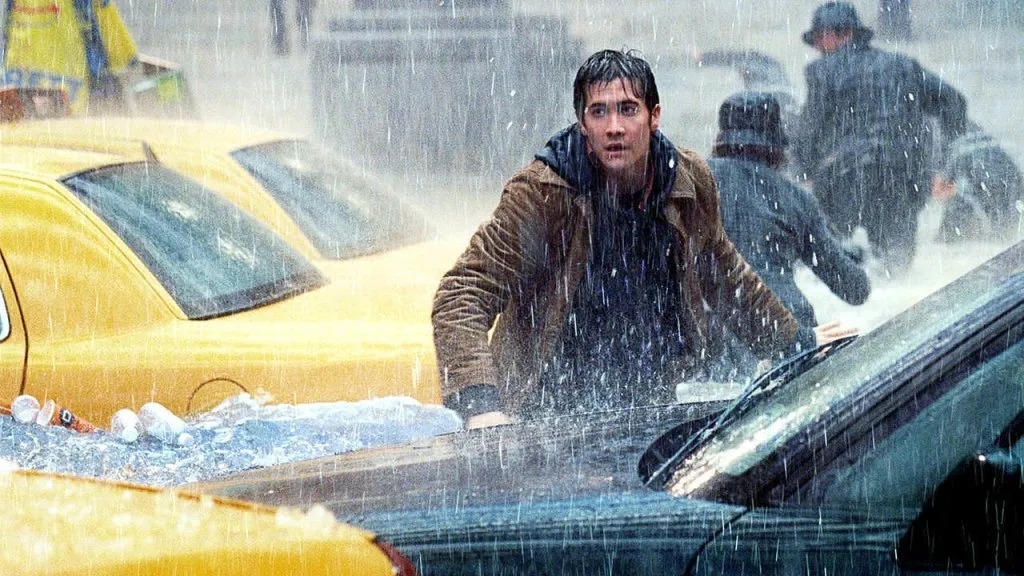
“The Day After Tomorrow” is a 2004 American science fiction disaster film directed by Roland Emmerich, known for his work on large-scale disaster movies. The film explores the catastrophic effects of global climate change, specifically the sudden onset of a new ice age, triggered by extreme weather events.
Plot Summary: The film centers on Jack Hall (played by Dennis Quaid), a paleoclimatologist who discovers evidence that a massive climate shift is imminent due to disruptions in the North Atlantic Ocean’s circulation. Despite his warnings, global leaders fail to take the threat seriously until it’s too late. As a series of unprecedented weather events unfold—massive hurricanes, tsunamis, and deep freezes—Jack races against time to save his son Sam (played by Jake Gyllenhaal), who is trapped in New York City as the city becomes engulfed in ice.
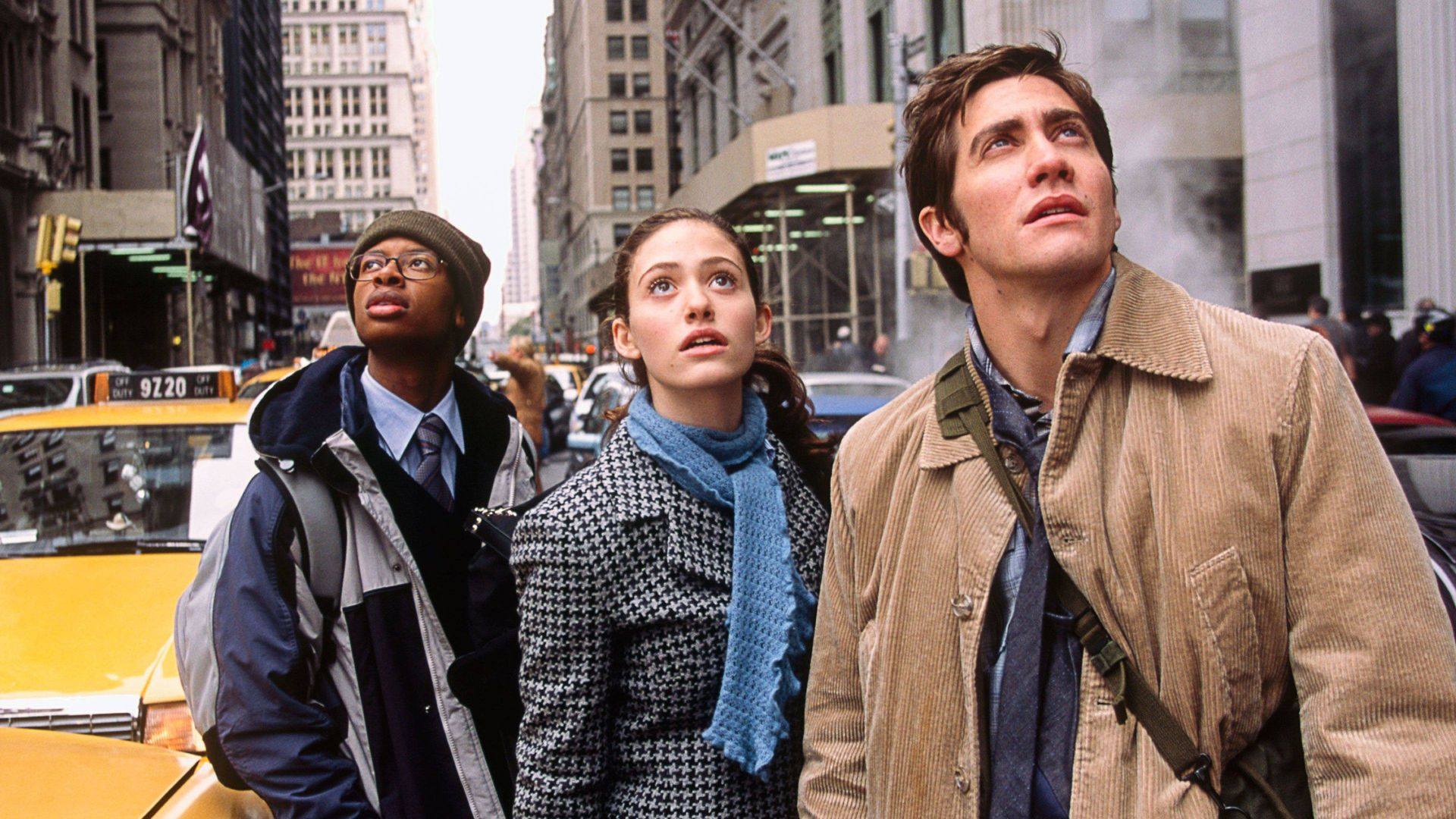
As the world plunges into chaos, Jack and a small group of survivors must endure freezing temperatures, dangerous storms, and the collapse of modern civilization. The film follows their struggles to survive in a world turned upside down, while also touching on themes of family, sacrifice, and humanity’s impact on the planet.
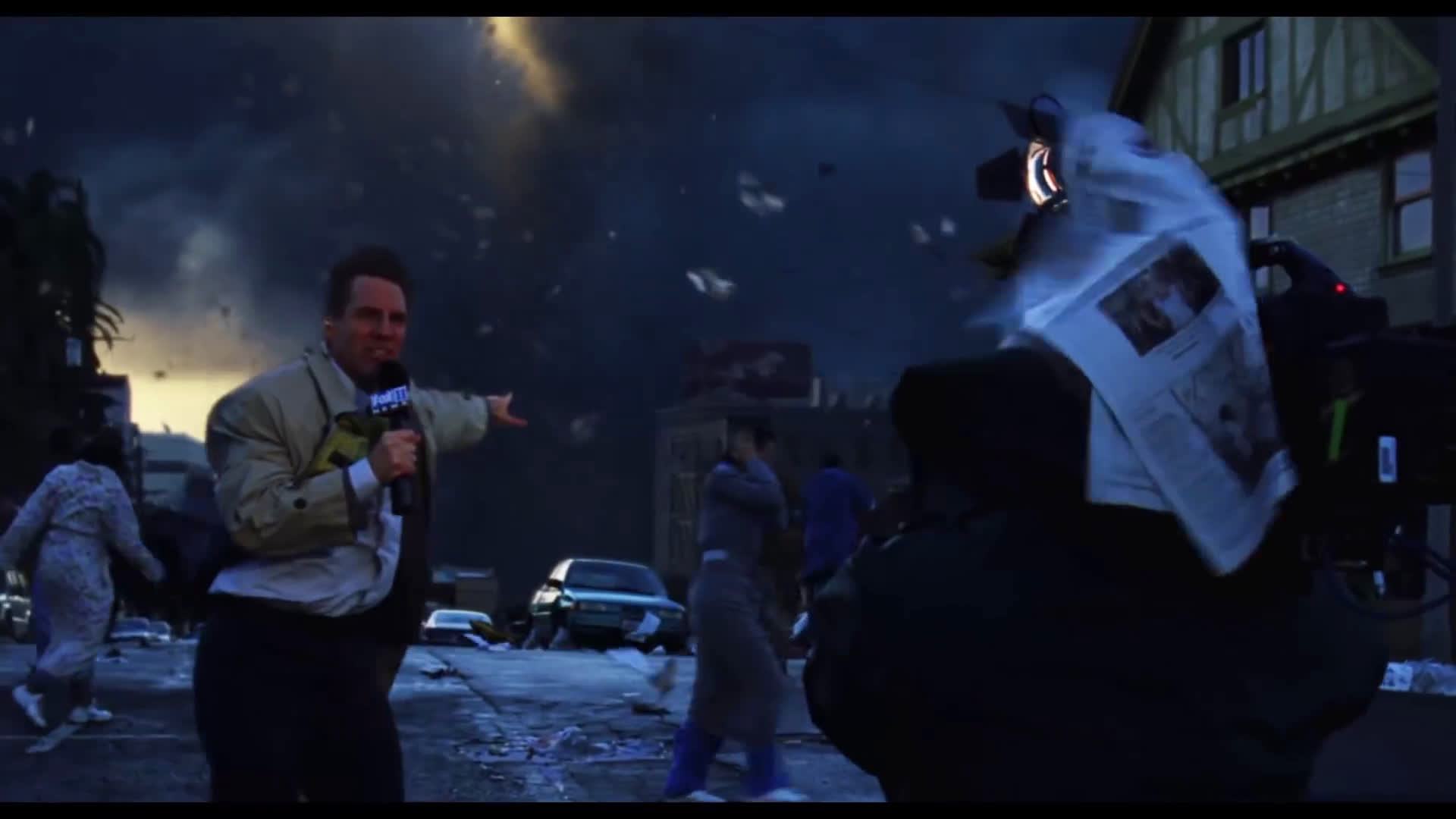
Themes and Reception: “The Day After Tomorrow” highlights the dangers of climate change, using exaggerated but visually stunning scenarios to dramatize the potential consequences of environmental neglect. The film emphasizes the urgency of addressing climate issues and the interconnectedness of global systems, albeit in a highly fictionalized manner.
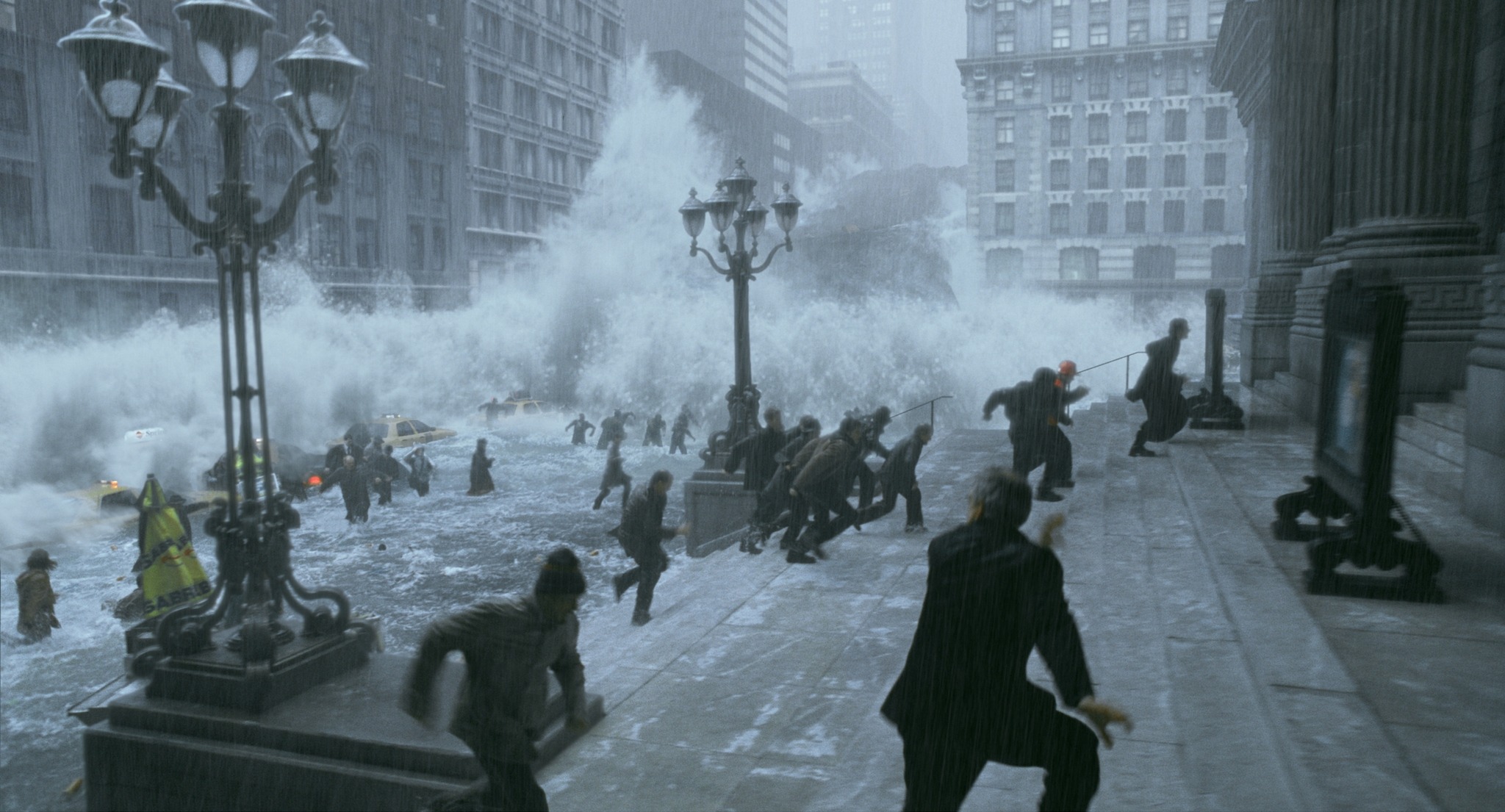
While the film received mixed reviews from critics, with some praising its special effects and thrilling action sequences, others criticized it for its scientific inaccuracies and melodramatic plot. Despite this, the film was a commercial success, resonating with audiences as a cautionary tale about the environment.
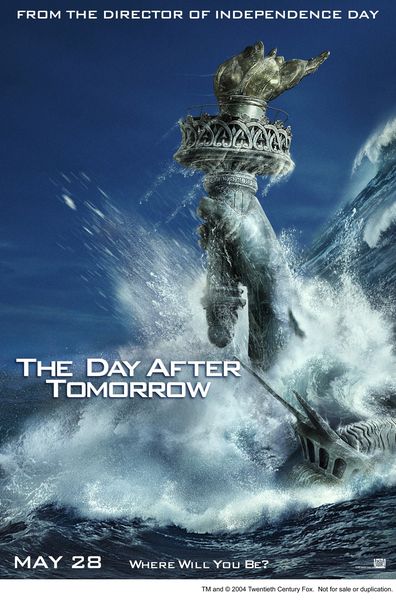
The movie’s portrayal of extreme weather events and its commentary on global warming sparked discussions about climate change, even if its science was not entirely accurate. It remains a notable entry in the disaster film genre, memorable for its intense visuals and its reflection of contemporary concerns about the environment.












